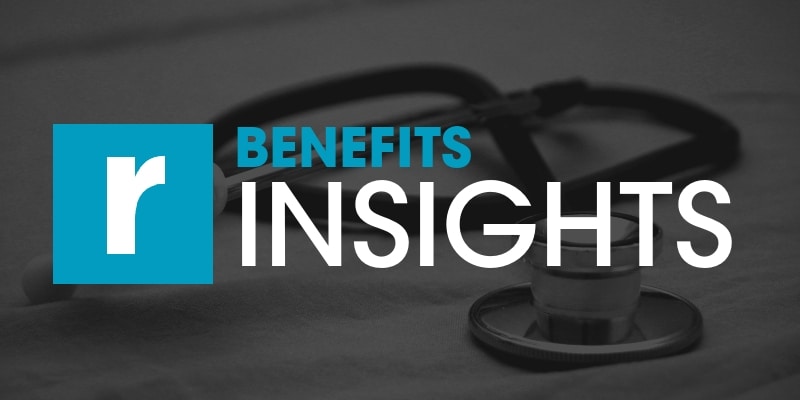17 Jun Supreme Court Rejects Challenge to the ACA’s Individual Mandate
[wpseo_breadcrumb]
This lawsuit was filed in 2018 by 18 states as a result of the 2017 tax reform law that eliminates the individual mandate penalty. In 2012, the U.S. Supreme Court upheld the ACA on the basis that the individual mandate is a valid tax. With the penalty’s elimination, the appeals court in this case determined that the individual mandate is no longer valid under the U.S. Constitution.


 On June 17, 2021, the U.S. Supreme Court
On June 17, 2021, the U.S. Supreme Court  On May 10, 2021, the IRS released Revenue Procedure 2021-25 to provide the inflation-adjusted limits for health savings accounts (HSAs) and high deductible health plans (HDHPs) for 2022.
On May 10, 2021, the IRS released Revenue Procedure 2021-25 to provide the inflation-adjusted limits for health savings accounts (HSAs) and high deductible health plans (HDHPs) for 2022. On May 10, 2021, the Internal Revenue Service (IRS) released
On May 10, 2021, the Internal Revenue Service (IRS) released  For a growing number of employers, voluntary accident insurance plans may play a part in rounding out employee benefits packages to help employees pay for unexpected costs.
For a growing number of employers, voluntary accident insurance plans may play a part in rounding out employee benefits packages to help employees pay for unexpected costs.